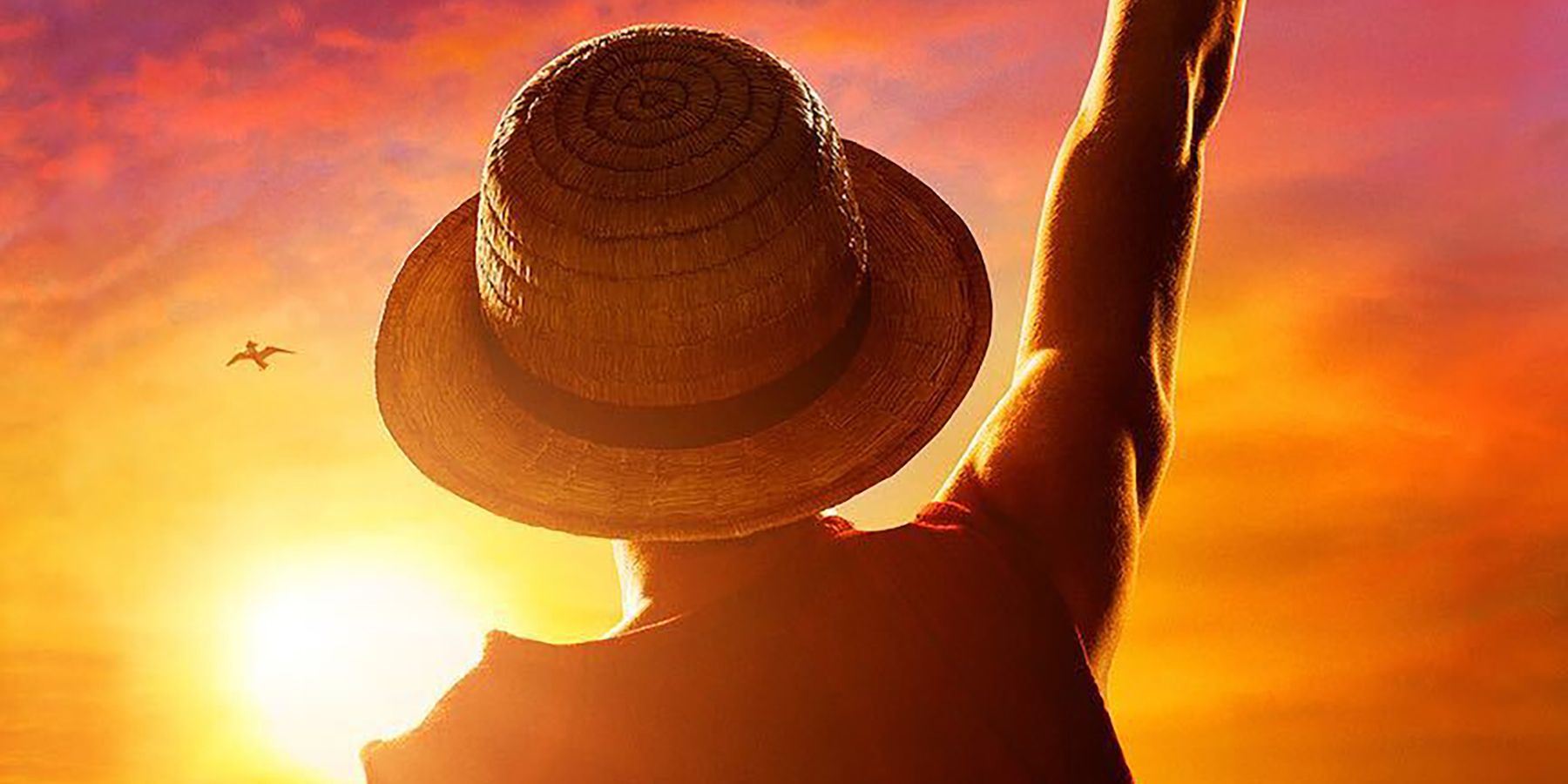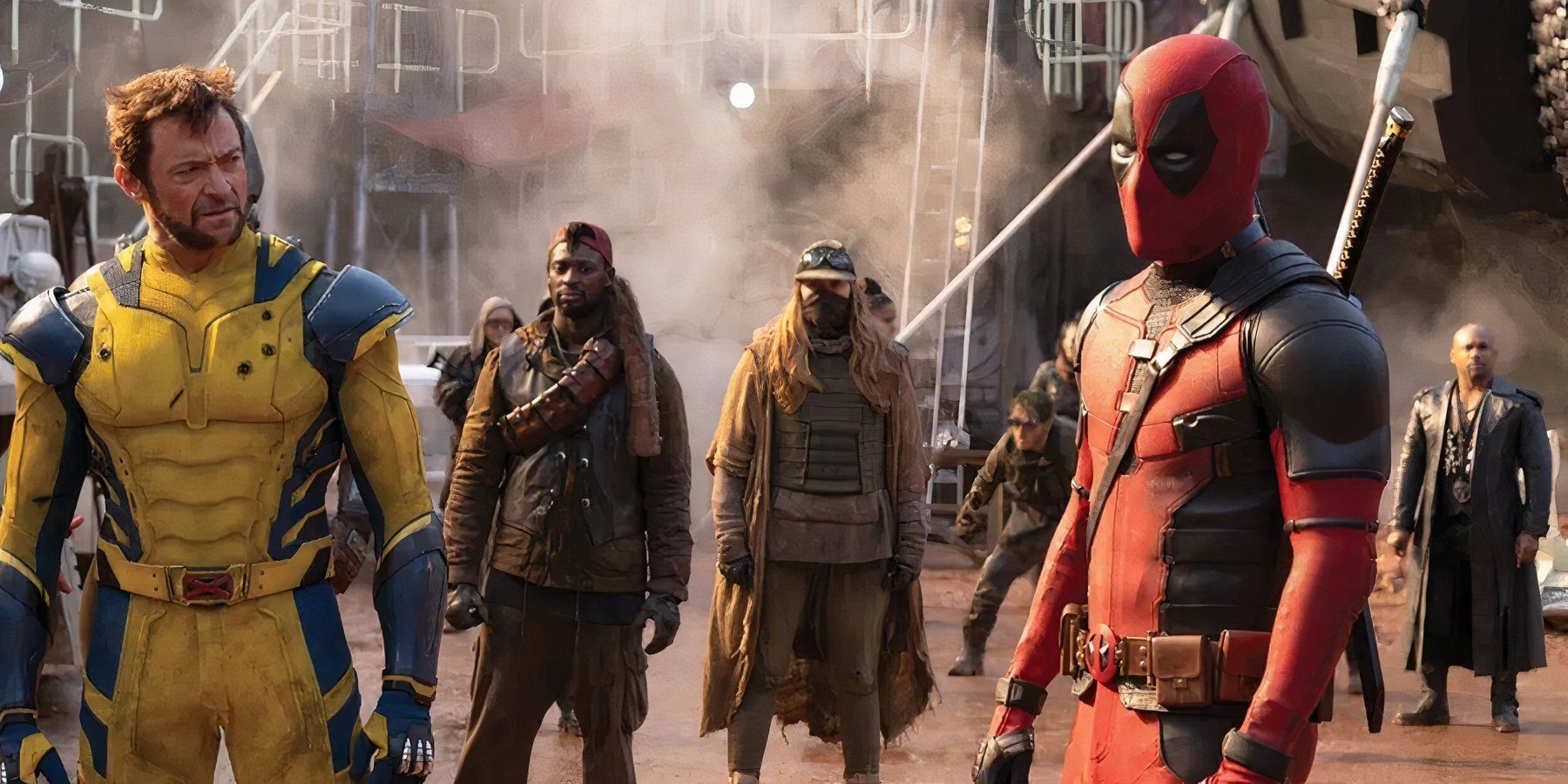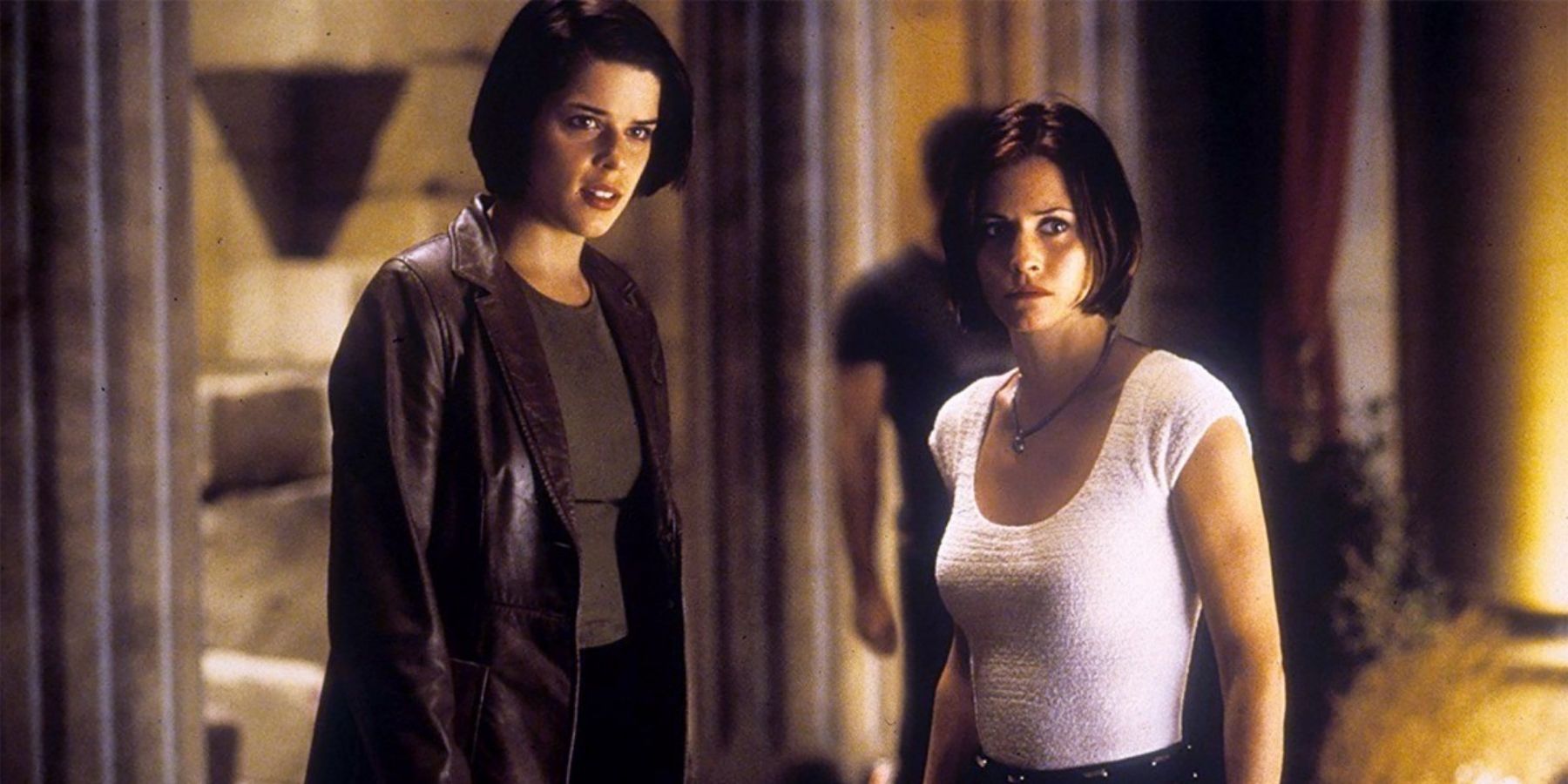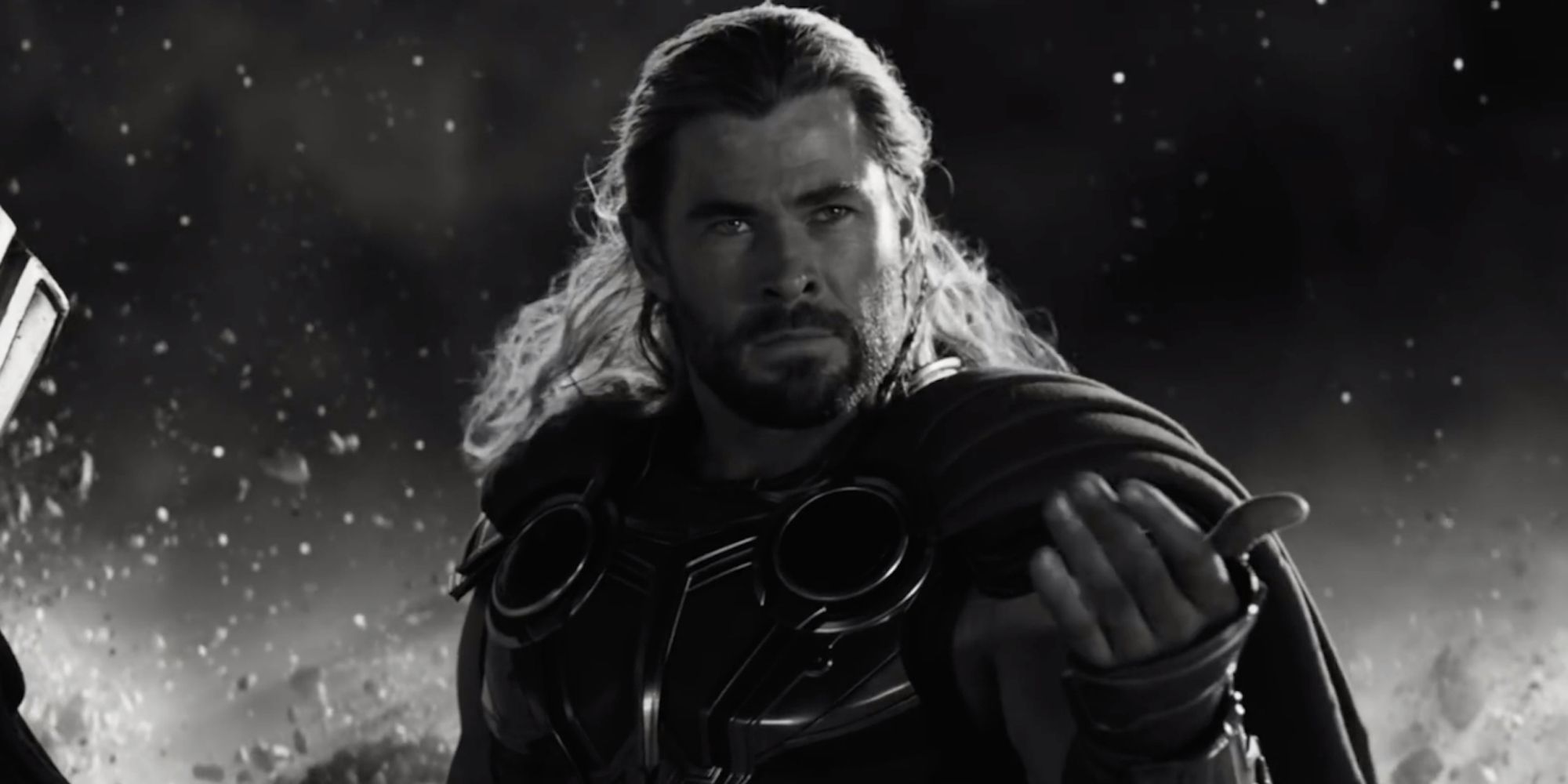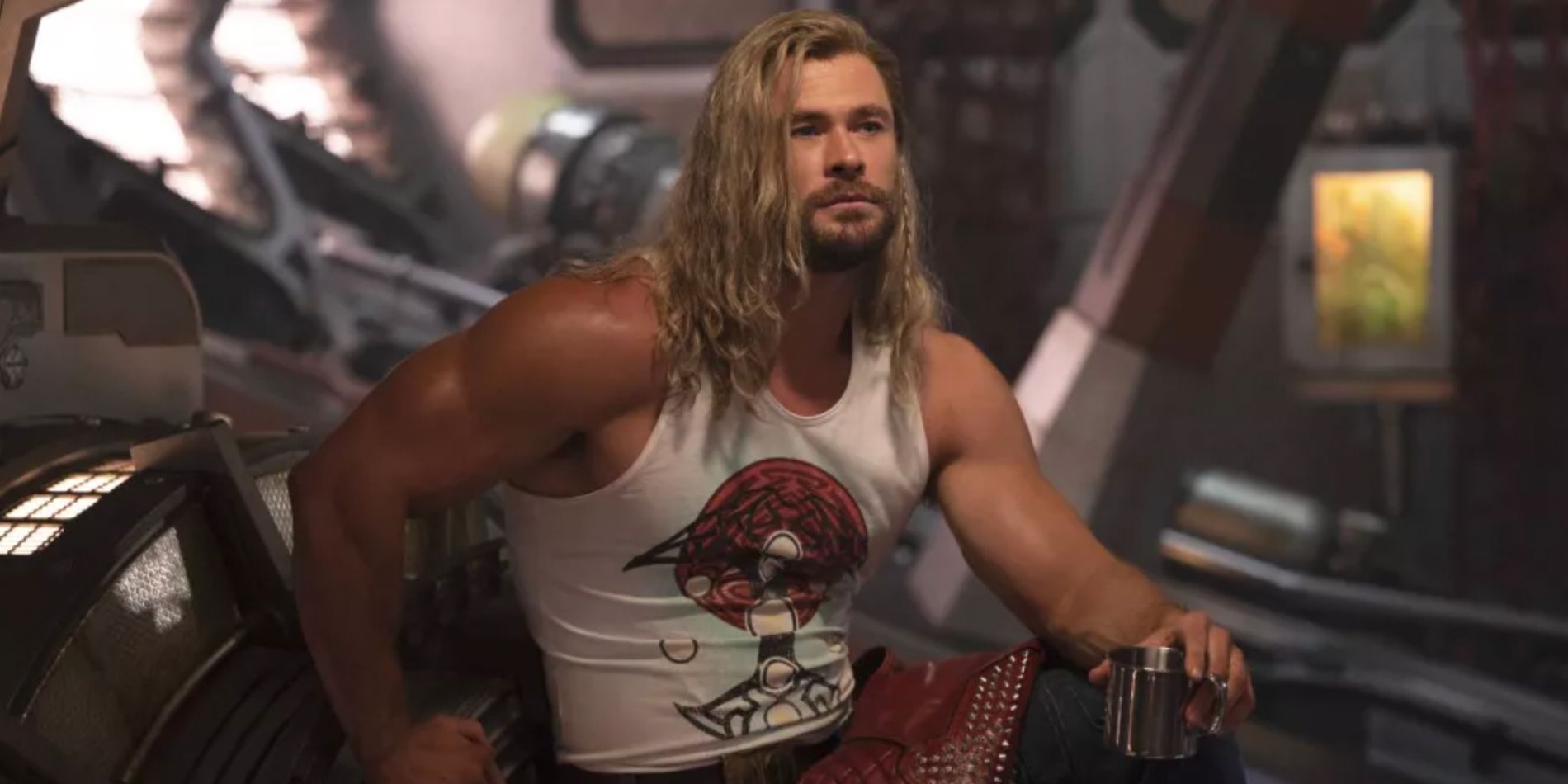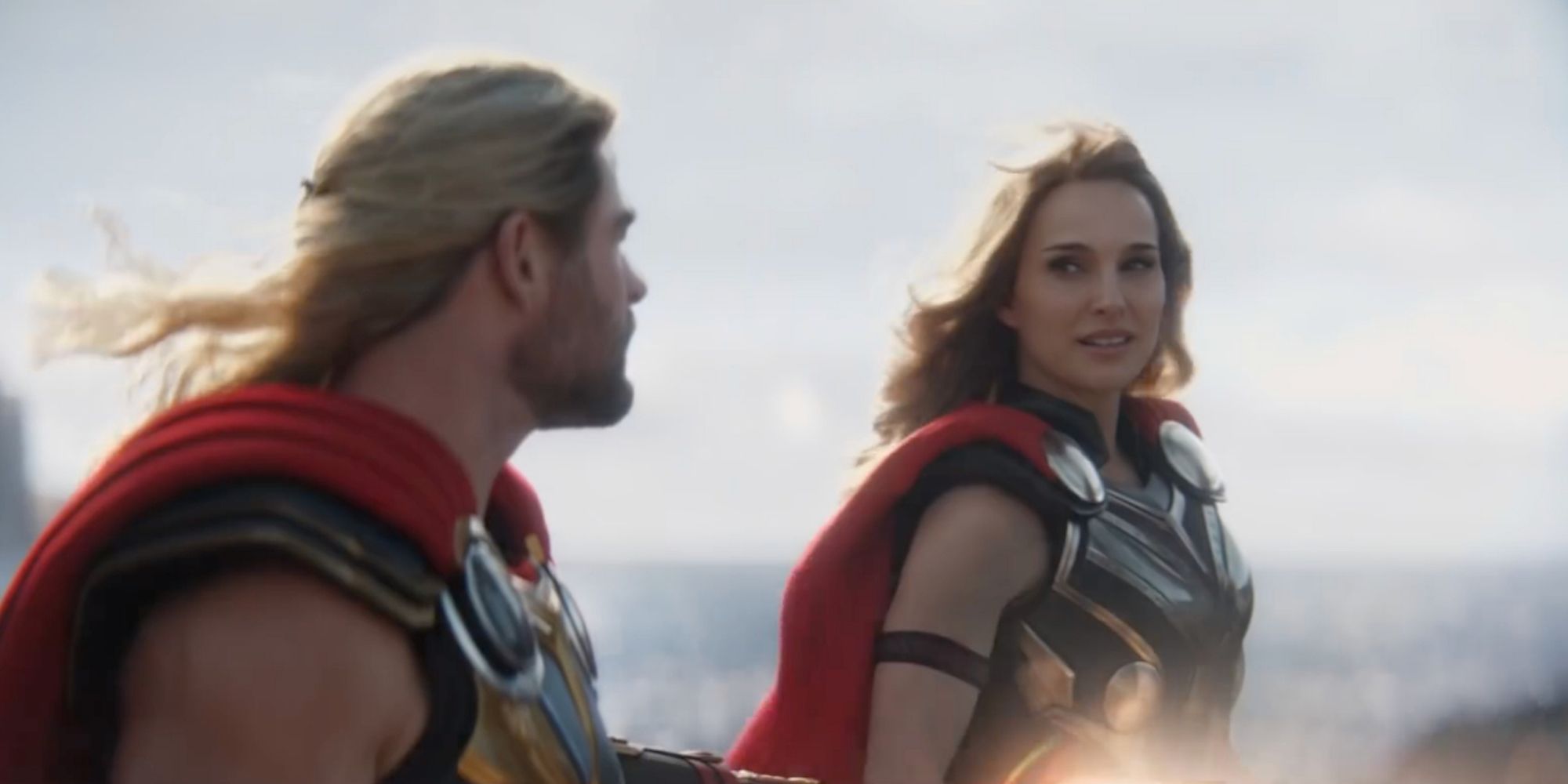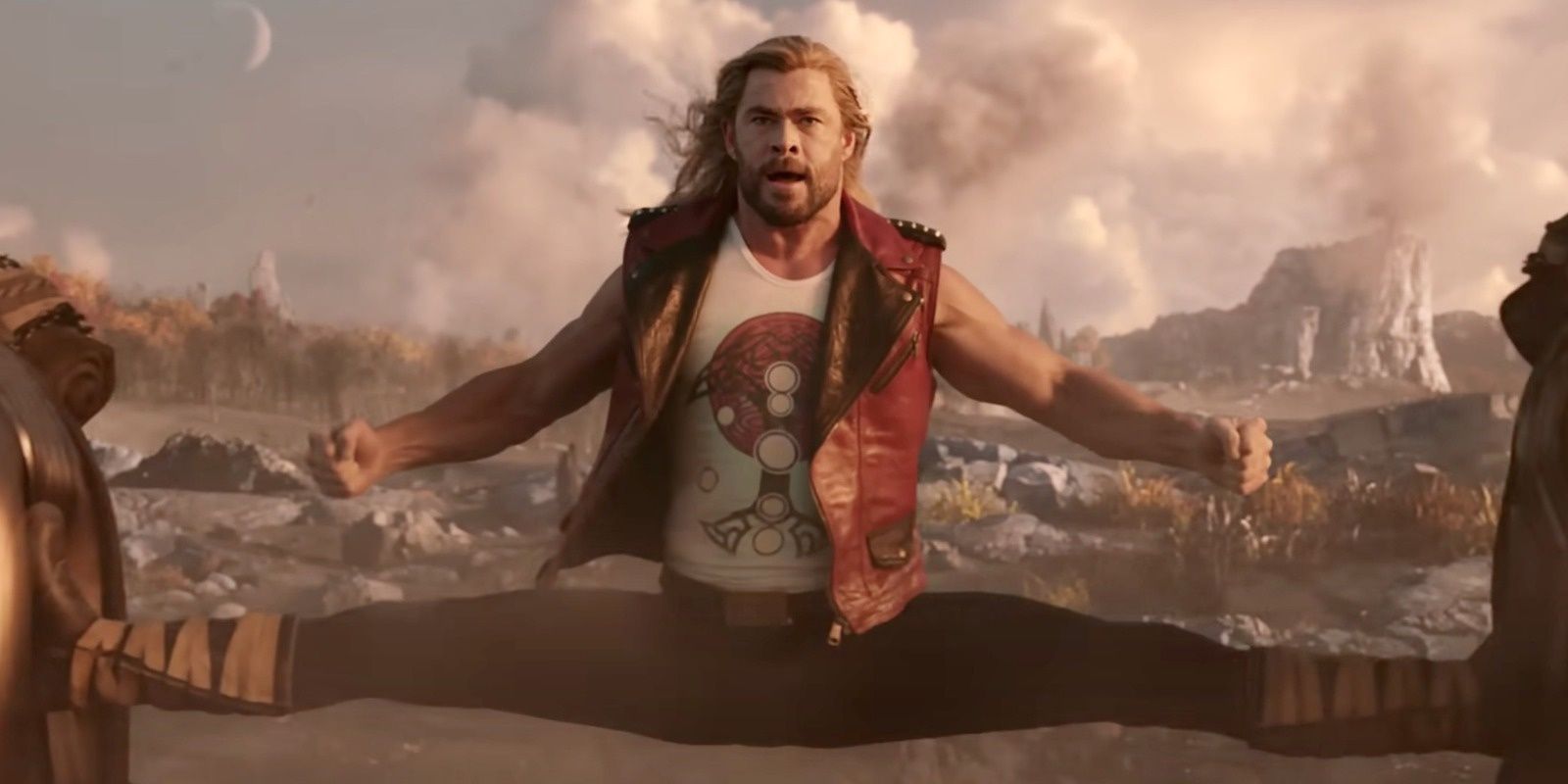This article features spoilers for Thor: Love and Thunder.The most recent movie in the Marvel Cinematic Universe, Thor: Love and Thunder, is now in theaters. And after three years of being absent from the big screen, Thor has finally taken the next step on his hero’s journey.
Thor’s last film appearance in 2019’s Avengers: Endgame was controversial among fans of the character — not just because of some rather tasteless jokes about his newly gained weight, but because of how it arguably erases all of his development in Thor: Ragnarok. Thor goes from accepting his responsibility as king of Asgard to passing that duty over to Valkyrie; he realizes that he doesn’t need Mjolnir to be a hero, only to replace it with Stormbreaker. But now that Thor is back in the hands of director Taika Waititi, his character arc has once again been taken in a bold new direction that shows why he’s one of the MCU’s greatest heroes.
What Comes Next?
He may hide it well behind his charming smile and goofball personality, but Thor has endured more suffering and trauma than just about any other character we’ve seen in the MCU. As he points out to Rocket Raccoon in one of the most emotional scenes in Avengers: Infinity War, Thor lost his father Odin, his hammer Mjolnir, his homeworld of Asgard, his best friend Heimdall, and his brother Loki all in the span of a few days. That kind of pain would be enough to break anyone — even a thunder god. Even so, Thor keeps fighting.
Yet as heroes so often do — just ask Spider-Man — Thor blames himself for failing to save his people from Thanos, and takes the responsibility of stopping him squarely onto his shoulders. So when he once again fails to stop Thanos from using the completed Infinity Gauntlet, Thor is utterly crushed beneath the weight of his own guilt. After the five-year timeskip in Avengers: Endgame, he’s been reduced to a hollow, depressed shell of his former self. Thankfully, with the help of a little time travel, he’s able to get a pep talk from his mother Frigga, and finds proof that even after all he’s been through, he’s still worthy.
However, the story doesn’t end there. By the end of Endgame, not only are Black Widow and Iron Man dead, but the Avengers are disbanded as well. Not only is Thor’s Asgardian family dead, now his earthly family is gone too. With that in mind, it’s hard to blame him when he leaves Earth with the Guardians of the Galaxy, searching for a new purpose in life. With the Avengers no more and the Asgardians in good hands without him, who is Thor?
That’s the question Thor’s still trying to answer when we first see him in Love and Thunder. He’s been traveling the galaxy, helping people and righting wrongs wherever he goes, yet he can’t escape that feeling of emptiness. It’s not unlike the dilemma Captain America dealt with over the course of the Avengers movies — when your whole life is defined by fighting for a cause, what do you do when the war is over? In the end, Cap found the strength to put down the shield, pass the torch to the next generation, and enjoy a peaceful life. However, Thor has a very different problem standing in his way.
Love and Loss
As we soon learn, Thor has endured so much suffering and loss over the past few years that he’s ultimately decided to close off his heart, keeping his friends and loved ones at a safe distance in order to make sure he never feels that same pain ever again. But as a result, his life feels empty and aimless. It’s not until he’s reunited with his old flame Jane Foster — now wielding a reassembled Mjolnir as the Mighty Thor — that he allows himself to feel love again.
Thor is initially reluctant to reconnect with Jane, and matters only become more complicated when he learns she’s dying of cancer. However, he can’t deny that he’s still in love with her, and he soon comes to realize that it’s better to feel the pain of losing the ones you love than to never feel any love at all. After all, as Vision once said, “What is grief if not love persevering?”
This places Thor as a thematic foil to the film’s villain, Gorr the God Butcher — another tragic character who knows love and loss all too well. After losing his young daughter and learning that the god he worshipped willfully refused to save her, Gorr swore to exterminate all gods in the universe in revenge. Dedicating his entire life to this mission, Gorr became ruthless and coldhearted, just as cruel as the very worst of gods. Gorr is the living embodiment of not only how grief can destroy someone, but how closing off your heart can change you for the worse.
But in Gorr’s final moments, Thor reaches out to him from a place of compassion and empathy, finding compassion for his enemy even as Jane lays dying. And for a single moment, Gorr recognizes that he’s lost sight of the kind father he once was. And so, Gorr wishes to Eternity not for the death of all gods, but simply for his daughter (played by Chris Hemsworth’s real life daughter, India Rose Hemsworth) to receive a second chance at life. His final words to Thor are not bitter or resentful, but a humble wish to protect his daughter.
A New Beginning
Thor’s story in Love and Thunder feels like a worthy epilogue to his character arc throughout the Infinity Saga. But just as it is the end of one chapter, it feels like a promising start to another. Between his newly adopted daughter and his protective role towards the children of New Asgard, it’s possible that Thor is poised to become a mentor to the next generation of Avengers. After all, as the last remaining member of the Avengers’ Big Three, he’s essentially become the elder statesman of the superhero community.
The story of Thor is one of the most fascinating character arcs in the MCU, in spite of — and arguably because of — how clumsy and disjointed it can sometimes feel. After all, Thor is a character who’s always struggled to find himself. He’s been a prince, a god, a man, a hero, an Avenger, a gladiator, a king, a has-been, a Space Viking, and finally a father. He’s known greater victories and more crushing defeats than just about any other hero around. And through it all, he’s struggled to hold onto hope. Yet thanks to his love for those closest to him, he’s found the strength to stand tall despite everything he’s been through. He’s even found a new purpose to live for, helping the next generation grow.
Much of Phase 4 has revolved around how grief affects people, and Thor: Love and Thunder is no different. The film explores the ways that love can lead to heartache and suffering, but maintains that it’s worth the risk all the same. Ultimately, Love and Thunder — and Thor’s character arc as a whole — is a story about how love makes us all better. And that’s the biggest reason why it’s a truly worthy chapter in the life of the strongest Avenger.

